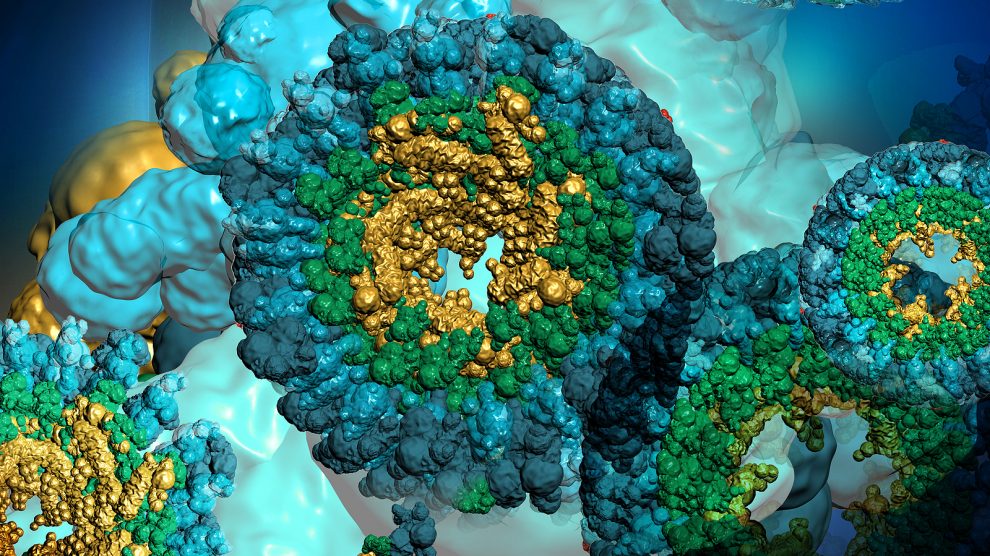Through machine learning, Lithuanian start-up Biomatter Designs is making synthetic protein design easier.
Vilnius-based start-up Biomatter Designs has raised 500,000 euros in new funding from Practica Capital, 70V, and a number of angel investors. The funds will be used by the company to further develop its pioneering protein design technology and product pipeline.
Biomatter Designs creates technologies for generative protein design, which the company describes as being at the intersection of synthetic biology and artificial intelligence.
- Why collaboration is the key to Lithuania’s fintech success
- Lithuania’s fiscal prudence offers investors confidence
- Lithuanian gaming start-up Eneba gets 6.65 million euros to grow internationally
Proteins are large and complex molecules that drive nearly all biological processes within an organism. Naturally occurring proteins play a role in aiding biochemical reactions, transporting materials with cells, transducing chemical signals, and other processes.
Now, scientists are increasingly looking into the advantages of engineered proteins. These proteins could be made to perform specific functions such as binding and neutralising pathogens, converting industrial waste to useful materials, and more. They have a tremendous potential to solve some of the greatest challenges of today across healthcare, food, agriculture, and other industries.
Easing the burden
However, protein engineering is a burdensome and resource-intensive task. In order to accelerate and make this task easier, Biomatter Designs has developed machine learning-powered platform for next-generation computational protein design. The platform can analyse vast amounts of natural protein data to learn the complex rule governing protein functions and then apply this data to the design of new proteins.
“Our company is striving to shift the paradigm in protein engineering,” says Laurynas Karpus, the CEO of Biomatter Designs. “We are moving from classical protein discovery process to well-predictable computational protein design.”
Classic methods often resemble searching for a needle in haystack, according to Mr Karpus, where looking for the right answer means analysing already existing or similar molecules and requires a great deal expensive and time-consuming experimental data.
“This is where our technology steps in to intelligently augment the protein engineering process, allowing us to generate new proteins right from the first atom. When it comes to solving problems in healthcare or environmental sectors, we can’t afford to waste time,” he adds.
All this means that with the use of their machine learning-based approach, Biomatter Designs can aid in moving beyond what nature has to offer, from synthesising de novo proteins with desirable properties to novel biocatalysts evolution missed.
Bold, long-term vision
The applications of the platform include highly functional protein libraries, design of novel enzymes for therapeutic and manufacturing applications, and deep-learning driven optimisation of desired protein properties.
What Biomatter Design is doing is a bold and long-term vision, according to Donatas Keras, partner at Practica Capital.
“The interdisciplinary approach combined with a strong and proven Lithuanian academic and industrial experience in protein engineering, also adding new abilities of AI can lead to unprecedented outcomes. The potential is truly vast,” he says.
“70V is glad to have the opportunity to invest in ambitious A-grade talent like Laurynas and his team. We see enormous potential for Biomatter Designs and are excited to be able to help with going to market and accelerating the team’s expertise in enterprise sales,” adds Per Moller, managing partner at 70V.
Unlike many news and information platforms, Emerging Europe is free to read, and always will be. There is no paywall here. We are independent, not affiliated with nor representing any political party or business organisation. We want the very best for emerging Europe, nothing more, nothing less. Your support will help us continue to spread the word about this amazing region.
You can contribute here. Thank you.







[…] The Lithuanian start-up making synthetic protein design easier […]